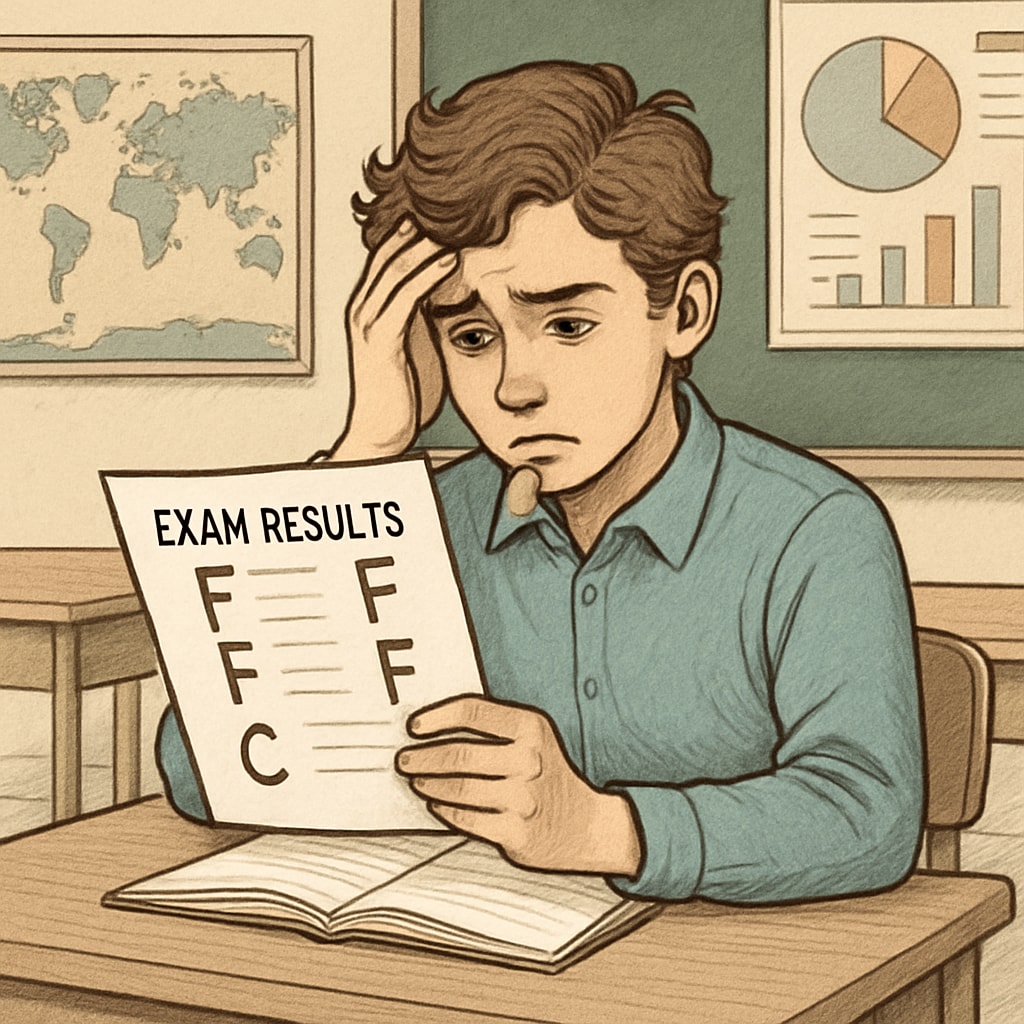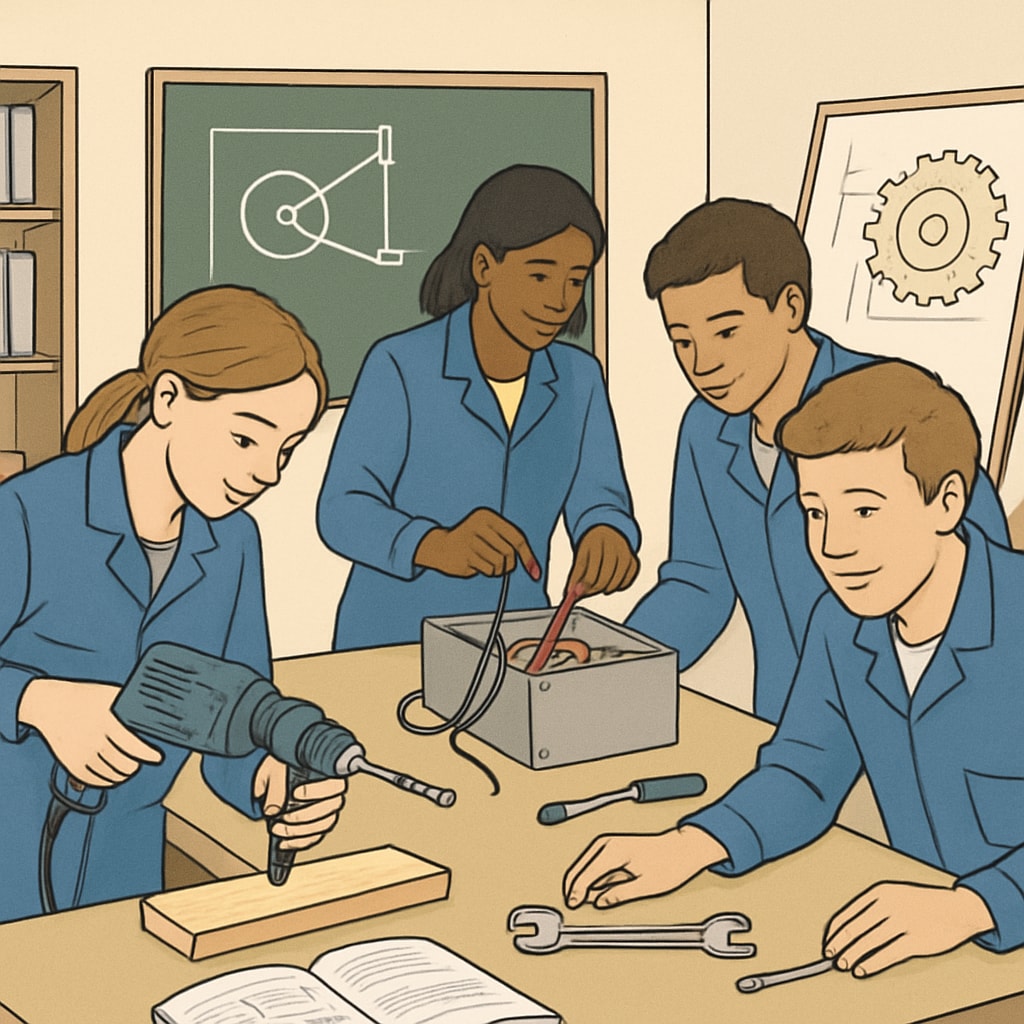For many students, GCSE results can feel like the ultimate measure of their potential, and when those grades fall short of expectations, the impact can be profound. Concerns about academic success, societal judgment, and self-doubt often weigh heavily on young minds. However, it is crucial to remember that a single set of results does not define a person’s future. This article explores the emotional and societal implications of disappointing GCSE outcomes and highlights the value of alternative educational and career pathways.
The Emotional Toll of Disappointing GCSE Results
The moment of opening a GCSE results envelope can be overwhelming, especially when the grades are not what a student had hoped for. Feelings of failure, self-doubt, and anxiety can quickly take hold. Research has shown that academic disappointment often leads to a decline in self-esteem, as students may equate their worth with their grades. This is especially true in societies where academic success is heavily tied to future opportunities.
In addition to personal struggles, societal pressures amplify these emotions. Family expectations, peer comparisons, and the belief that GCSE results are a “make-or-break” moment contribute to an intense fear of judgment. As a result, many students may feel stuck, unsure of how to move forward after what they perceive as a setback.

Challenging the Overemphasis on Grades
While GCSE results are an important milestone, they are just one aspect of a person’s educational journey. The current system’s heavy reliance on grades often overlooks other critical factors, such as creativity, leadership, and emotional intelligence. This narrow focus can inadvertently send the message that only traditional academic success matters, leaving little room for alternative talents to shine.
It is worth noting that many successful individuals did not excel in conventional academic settings. For example, Richard Branson, the founder of Virgin Group, struggled academically but thrived as an entrepreneur. Stories like his remind us that success is multifaceted and cannot always be measured by exam results.
Exploring Alternative Pathways
For students who find themselves at a crossroads after disappointing GCSE results, exploring alternative educational and career pathways can be a game-changer. Options such as vocational training, apprenticeships, and foundation courses offer practical skills and real-world experience, often leading to fulfilling and lucrative careers.
- Vocational Training: Programs in fields like healthcare, technology, and the trades provide hands-on learning and direct entry into the workforce.
- Apprenticeships: Combining work and study, apprenticeships allow students to earn while they learn, gaining valuable industry experience.
- Foundation Courses: These courses serve as a stepping stone for students to enter higher education, bridging gaps in qualifications.
By embracing these pathways, students can discover strengths and passions that may not have been evident in traditional academic settings.

Redefining Success and Building Resilience
Redefining success is a critical step in overcoming the stigma of disappointing GCSE results. Success should be viewed as a personal journey rather than a universal standard. For some, it may mean pursuing a creative career; for others, it might involve starting a business or excelling in a skilled trade. By shifting the focus from grades to growth, students can build resilience and confidence.
Parents and educators play a vital role in this process. Offering support, encouragement, and guidance can help students see the bigger picture. Highlighting the value of lifelong learning and emphasizing that setbacks are opportunities for growth can foster a healthier mindset.
Conclusion
GCSE results, while important, are not the sole determinant of a student’s future. By addressing academic concerns, mitigating self-doubt, and exploring diverse pathways, young people can redefine what success means to them. As society moves toward a more inclusive understanding of education, we must celebrate all forms of achievement and encourage students to envision a future that goes beyond the numbers on their report cards.
Readability guidance: This article uses short paragraphs, inclusive language, and examples to connect with a broad audience. The content is structured to provide clarity and actionable insights for students and parents alike.


